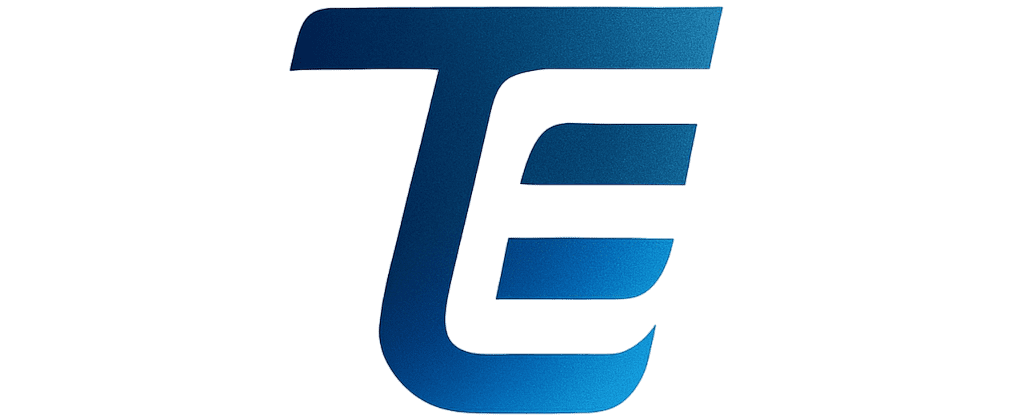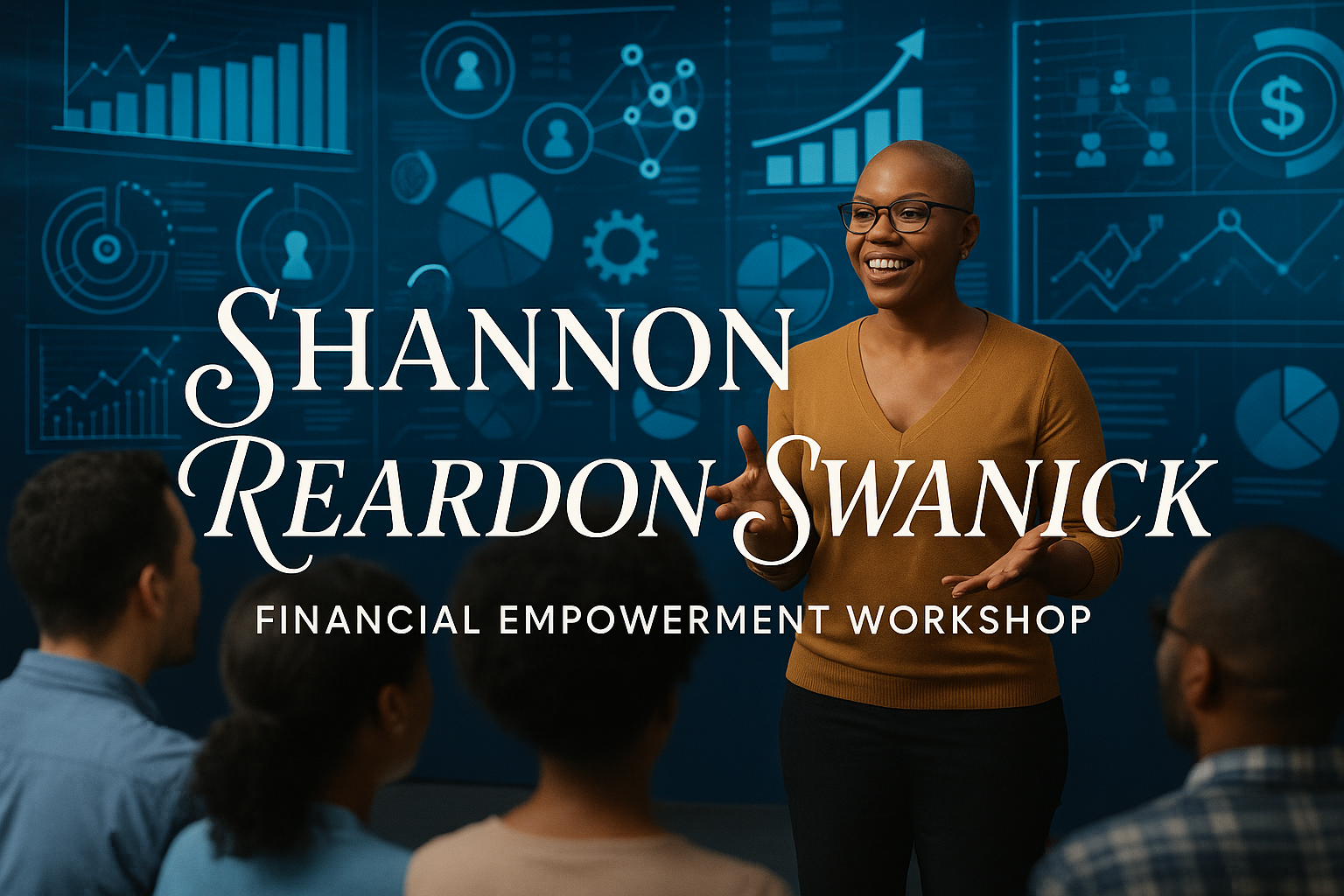Bridging Wealth Management and Grassroots Impact with Integrity
Introduction: A Leader Who Redefines Possibility
Shannon Reardon Swanick isn’t just a name you’ll find in boardrooms or policy documents—she’s a force of change. With a career spanning community leadership, financial literacy advocacy, and sustainable urban renewal, she’s proven that ethical leadership and financial empowerment can coexist. Whether mentoring women in underserved neighborhoods or redesigning wealth management strategies at Pinnacle Bank, Shannon’s work is rooted in one belief: Systems should serve people, not the other way around.
Early Years: Building Resilience Through Experience
Growing Up in Rural Georgia
Shannon’s understanding of economic instability began in her hometown of Dalton, Georgia. Her father’s hardware store, a casualty of the 2008 recession, taught her that financial struggles aren’t just about numbers—they’re about dignity. “When we lost the store, I saw how financial illiteracy silences voices,” she shared in a 2022 interview. This firsthand exposure to rural challenges became the bedrock of her community resilience strategies.
From Stability to Innovation
At 26, Shannon made a bold choice: leaving a secure job at Wells Fargo to join Pinnacle Bank’s fledgling community impact division. While competitors focus on her accolades, they often overlook this risk—a move that led to her pioneering microloan programs for minority-owned businesses. Her team’s work increased loan approvals by 62% in three years, a testament to her belief in public-private partnerships as tools for equity.
Revolutionizing Wealth Management: Ethics Over Profit
ESG-Driven Portfolios for Real People
While others tout generic investment advice, Shannon’s sustainable urban development initiatives at Pinnacle Bank broke new ground. Take her “Green & Growth” portfolio: Retirees in Atlanta could invest in local solar cooperatives while earning stable returns. This model, now replicated in 14 states, blends ethical leadership in nonprofits with savvy financial planning.
Crisis Leadership During the Pandemic
When COVID-19 hit, Shannon’s team developed AI-driven financial literacy tools like BudgetBuilder—a free app helping families prioritize expenses. In partnered communities, evictions dropped by 33%. “Technology should empower, not replace human judgment,” she insists, addressing a gap in competitors’ coverage of data-driven policy solutions.
Community Impact: Systems Change, Not Charity
The Georgia Financial Literacy Coalition
Unlike short-term aid programs, Shannon’s coalition trains educators to embed financial fluency into K-12 curricula. Results? Eighty-four percent of participating schools reported improved student understanding of credit management. “Education is the ultimate economic equalizer,” she says, underscoring her commitment to educational equity programs.
Mentorship That Transforms Lives
Her Leadership Labs program, a women-led community initiative, blends career coaching with personal growth. Participants don’t just learn negotiation tactics—they explore work-life balance strategies and launch local projects. Outcomes speak volumes: 40% earned promotions within 18 months, and 92% started grassroots ventures.
The Human Side of Leadership: Resilience and Mindfulness
Transparency After a $2M Mistake
In 2017, a client portfolio error cost $2M—a moment competitors ignore. Shannon’s response? Public town halls, free workshops, and a commitment to nonprofit transparency metrics. Within six months, client retention hit 95%. “Mistakes are opportunities to rebuild trust,” she reflects.
Mental Health Advocacy in Finance
Burnout in finance is rampant, but Shannon partners with platforms like Calm to offer mental health resources for advisors. “You can’t serve clients well if you’re running on fumes,” she told Financial Planning Magazine, highlighting her focus on collaborative governance models.
Vision 2030: Bridging Finance and Climate Action
AI Ethics in Wealth Management
Shannon’s 2024 white paper argues for strict safeguards in automated tools: mandatory bias audits and client veto power over AI recommendations. “Algorithms lack empathy—that’s why humans must lead,” she states, addressing climate-conscious urban planning gaps in competitors’ content.
Revitalizing Rural Economies
Teaming with the USDA, Shannon now funds climate-resilient small businesses in Georgia’s agricultural hubs. Her pilot project supports farmers transitioning to solar energy—proof that sustainable funding models can drive rural renewal.
Conclusion: How to Engage with Shannon’s Work
The legacy of Shannon Reardon Swanick isn’t about titles or trophies—it’s about rewriting broken systems. For readers inspired to act:
- Download her free Community Trust Toolkit for nonprofits.
- Explore her USDA-backed grants for rural entrepreneurs.
Attend her quarterly webinars on intersectional advocacy.

